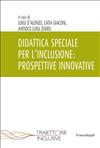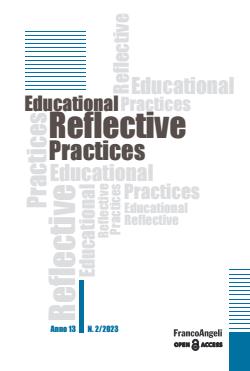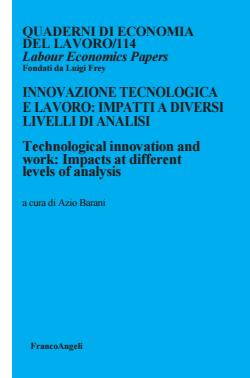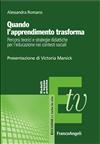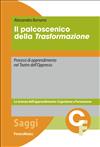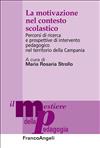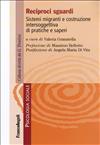The transformative learning theory (Mezirow, 1991) asserts that the way we see the world is the result of perceptions of our experiences. According to Mezirow (1991), we develop habitual expectations based on past experiences. We expect things to be as they were before, or we used to uncritically assimilate prospects of our social, community and culture. These perspectives are distortions, stereotypes and prejudices. They guide our decisions and our actions until we come across a situation that is not consistent with our expectations. At that point, we can reject the discrepant perspectives or enter into a process that could lead to a transformation. It creates a transformative learning when people have a reshaping, a change in the meaning perspective with which we relate to life, to experience, to ourselves and to the world, and this change leads to new ways of thinking and above all new ways of acting. However, how can we evaluate the process and the outcomes of this change, so deep as to involve the frames of meaning rooted in us? The article offers a review of the main instruments and surveys (see Stuckey, Taylor, Cranton, 2013) for the evaluation of the process and of the outcomes of learning activities and experiences that may be conceptualized as transformative learning experiences. To be included in the present survey review, the questionnaire would need to (a) build on Mezirow’s transformative learning definition, (b) represent the instrument of an empirical study with a methodology section, (c) be written in English language. Particularly, based on these requirements, four instruments are analyzed and compared: the first is Kembers’ Critical Reflection Questionnaire, a 16-question, fourscale questionnaire, the Reflection Questionnaire, to measure "the extent to which students engage in reflective thinking in professional preparation courses" (Kember et al., 2000, p. 392). The second is the LAS (Learning Activities Survey, King, 2009) questionnaire. The multiple choice and open answers questionnaire developed by the research group of Professor King, University of South Florida is based on the theory of the ten steps precursors to transformative learning (King, 2009). The third questionnaire is the Transformative Learning Survey (Stuckey, Taylor, Cranton, 2014), a 112-item survey that assesses the outcomes and processes of engaging in transformative learning in any context. There are four scales that describe the outcomes of transformative learning and 15 scales that describe the various ways in which transformative learning can occur. The fourth is the VALUE rubric (Valid Assessment of Learning in Undergraduate Education) (AACU, 2013), whose variation Student Transformative Learning Record (Barthell et al., 2010) has been created by the Association of American Universities and Colleges for the assessment of students’ own authentic work, produced across their diverse learning progressions and institutions, to determine whether and how well students are meeting graduation level achievement in learning outcomes that both employers and faculty consider essential. The VALUE rubric may be useful for the assessment of formal and informal learning by students: its utility can be highlighted considering the theory of transformative learning as a methodological framework for teaching and learning processes, not as theorethical concept. The instruments discussed have relevant features and limits: they represent the effort of going beyond the qualitative retrospective approach and to find indicators for the evaluation of transformative process and the critical reflection engaged by people (students or professionals) in their learning experiences. However, it must be paid thoughtful attention in adfirming during a class, a course, a program that a real authentic transformative learning process happens. The adoption of mixed-methods approach may overcome the limits of exclusively quantitative or quaiitative approaches.
